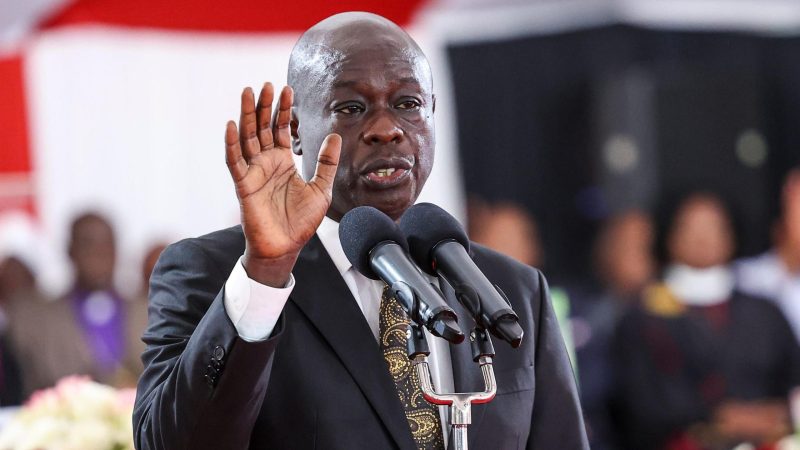The UN peacekeeping mission, officially known as the United Nations Multidimensional Integrated Stabilization Mission in Mali (MINUSMA), was established in 2013 in response to the political and security crisis in the country.
Its primary objective was to restore peace, protect civilians, and facilitate the political process.
Over the course of its ten-year mandate, MINUSMA played a crucial role in mitigating conflicts, promoting dialogue, and assisting the Malian government in its efforts to strengthen democratic institutions.
The mission operated in a challenging environment, characterized by ongoing insurgencies, terrorism, and intercommunal tensions.
MINUSMA’s presence had a tangible impact on the ground. Its peacekeepers worked tirelessly to protect civilians, provide humanitarian aid, and support the delivery of basic services to local communities.
They also played a pivotal role in facilitating negotiations between the Malian government and various armed groups, fostering dialogue and reconciliation.
During its tenure, MINUSMA faced numerous challenges. The mission suffered significant casualties, as peacekeepers were targeted by extremist groups seeking to undermine stability in the region.
However, these acts of violence only reinforced the determination of MINUSMA’s personnel to fulfill their mandate and contribute to a lasting peace.
As the UN peacekeeping mission draws to a close, it is important to acknowledge the progress that has been made in Mali. The country has witnessed positive developments in terms of political stability, the restoration of state authority, and the reintegration of former combatants into society.
These achievements are a testament to the efforts of MINUSMA and the collective commitment of the international community.
While the conclusion of MINUSMA’s mission is a significant step forward, it does not signify the end of international support for Mali. The UN and its partners will continue to provide assistance to the country in areas such as security sector reform, governance, and sustainable development.
The transition from peacekeeping to peace-building requires sustained engagement and long-term investment to ensure the gains made are consolidated and expanded upon.
As Mali enters a new phase in its journey towards stability, it is crucial for all stakeholders to remain committed to the principles of inclusivity, respect for human rights, and good governance.
The Malian government must continue its efforts to address the root causes of conflict, promote social cohesion, and foster economic opportunities for all its citizens.
Check also;
- West African Nations Plan To Force Yahya Jammeh Out Of Office
- ECOWAS Set To Intervene Militarily In Niger Coup
Please use the button below to contribute to Newslex Point, Inc. using a credit card or via PayPal.

 Newslex Point News in Uganda, Uganda news
Newslex Point News in Uganda, Uganda news












